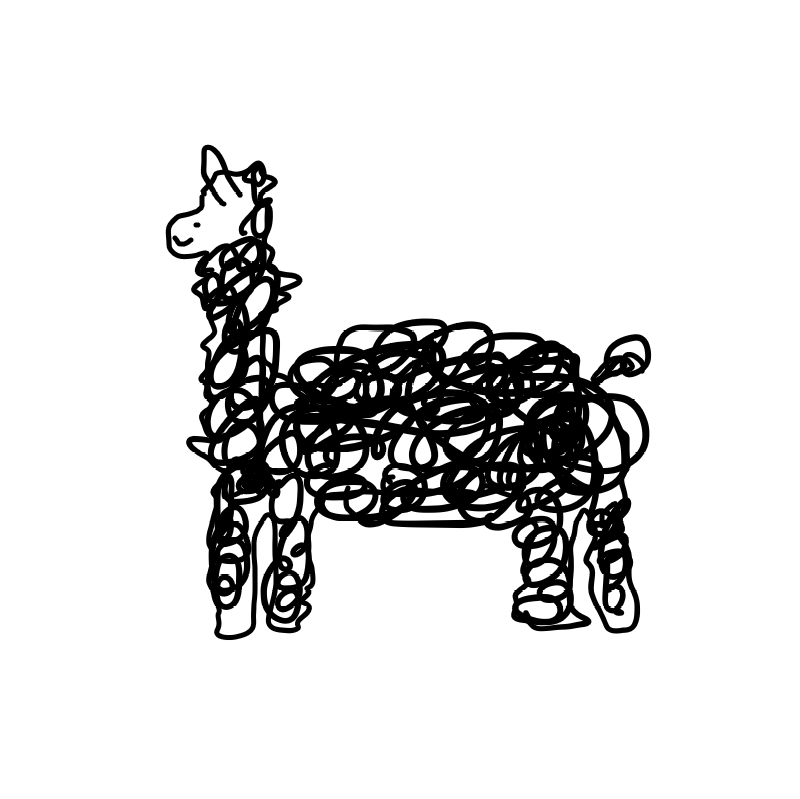84. Largest Rectangle in Histogram
Given n non-negative integers representing the histogram's bar height where the width of each bar is 1, find the area of largest rectangle in the histogram.
My Answer 1: Output Limit Exceeded (90 / 96 test cases passed.)
class Solution:
def largestRectangleArea(self, heights: List[int]) -> int:
if len(heights) == 0:
return
# 숫자가 한 종류만 있을 경우 높이가 모두 같으므로 바로 계산해서 리턴
if len(set(heights)) == 1:
return heights[0] * len(heights)
# heights 의 최댓값 or 최솟값의 넓이 중 최댓값을 디폴트로 가짐
result = max(max(heights), min(heights)*len(heights))
for i in range(len(heights)):
# 0 은 무시
if heights[i] == 0:
continue
h = heights[i]
area = h
# 현재 숫자의 왼쪽부분 넓이 구하기
for j in range(i-1, -1, -1):
if heights[j] >= heights[i]:
area += h
else:
break
# 현재 숫자의 오른쪽부분 넓이 구하기
for j in range(i+1, len(heights)):
if heights[j] >= heights[i]:
area += h
else:
break
# area = 왼쪽+오른쪽 넓이를 합친 값
result = max(result, area)
return resultheights[i] 왼쪽과 오른쪽의 가능한 넓이들을 각각 구하고 더해서 최댓값을 구하는 식으로 함
하지만 아웃풋 리밋~~
Solution 1: Runtime: 756 ms - 35.95% / Memory Usage: 27.6 MB - 20.13%
class Solution:
def largestRectangleArea(self, heights: List[int]) -> int:
## RC ##
## APPROACH : MONOTONOUS INCREASING STACK ##
## Similar to Leetcode: 1475. Final Prices With a Special Discount in a Shop ##
## Similar to Leetcode: 907. Sum Of Subarray Minimums ##
## Similar to Leetcode: 85. maximum Rectangle ##
## Similar to Leetcode: 402. Remove K Digits ##
## Similar to Leetcode: 456. 132 Pattern ##
## Similar to Leetcode: 1063. Number Of Valid Subarrays ##
## Similar to Leetcode: 739. Daily Temperatures ##
## Similar to Leetcode: 1019. Next Greater Node In LinkedList ##
## LOGIC ##
## 1. Before Solving this problem, go through Monotone stack.
## 2. Using Monotone Stack we can solve 1) Next Greater Element 2) Next Smaller Element 3) Prev Greater Element 4) Prev Smaller Element
## 3. Using 'NSE' Monotone Stack concept, we can find width of rectangles, height obviously will be the minimum of those. Thus we can calculate the area
## 4. As we are using NSE concept, adding 0 to the end, will make sure that stack is EMPTY at the end. ( so all the areas can be calculated while popping )
heights.append(0)
stack = [-1]
ans = 0
for i in range(len(heights)):
while heights[i] < heights[stack[-1]]:
height = heights[stack.pop()]
width = i - stack[-1] - 1
ans = max(ans, height * width)
stack.append(i)
heights.pop()
return ansstack 을 사용하는 거고.. 코드가 돌아가는 건 알겠는데 왜 이렇게 하는지는 모르겠음..^^
스택에 인덱스를 하나하나 저장해주고
stack[-1] 이 현재 숫자보다 큰 값이면, stack[-1] 을 세로로 잡고
가능한 가로*세로 넓이 구해서 max 값으로 update
